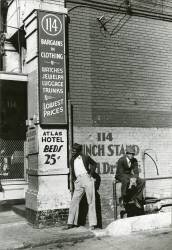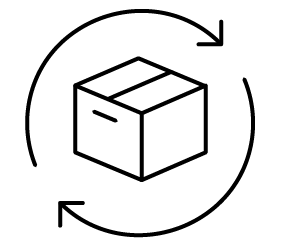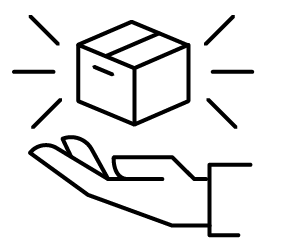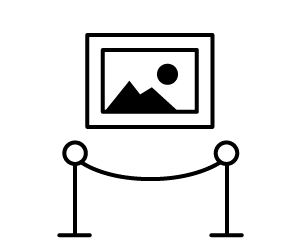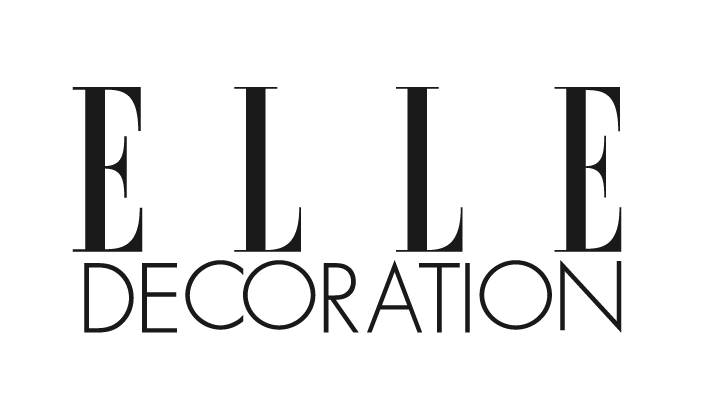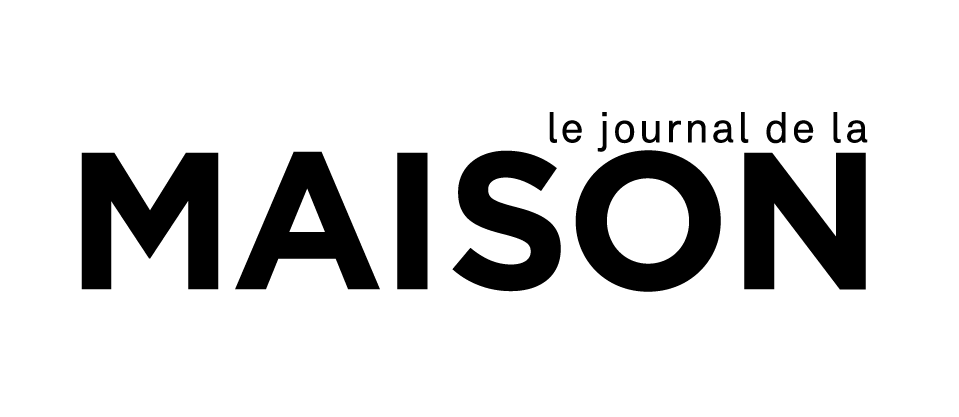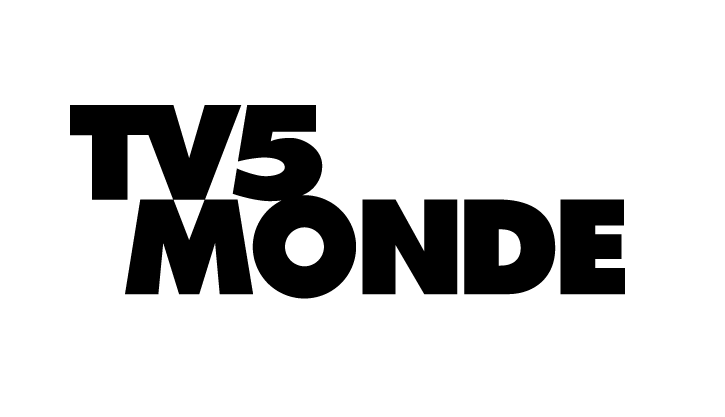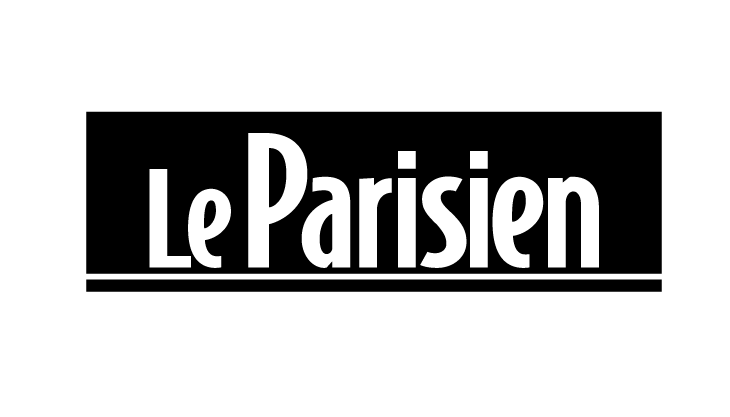Old photographs: 1920s and world wars
This period mirrors the profound societal changes that took place worldwide in the first half of the twentieth century. Despite the significant dramas that marked this period, photography reveals a certain emancipation of bodies and codes of conduct, developing the heritage of primitive photography, which defended the photographic medium as an Art. The great artistic and creative freedom of art photography exploded after the end of the First World War, which marked the end of the rigid and timid pauses, giving way to a decade of celebration and illusions: these were the Roaring Twenties.
The 1920s were a time of artistic exploration and technological advancements in photography. As the world moved towards modernism, photographers like Man Ray, László Moholy-Nagy and Edward Weston pushed the boundaries of the medium. They embraced unconventional compositions, abstract forms, and surreal aesthetics, creating striking images that challenged traditional norms. In 1925, the photography world was revolutionized by the introduction of the Leica camera. This compact marvel used 35mm film, allowing photographers to capture moments with greater flexibility and speed. Suddenly, photography became more portable and accessible, leading to a surge in snapshot photography among the masses. Amateurs could now document their lives and capture candid moments with the affordable and user-friendly Kodak Brownie. During this transformative period, social documentary photography gained momentum. Fueled by a desire for social reform, photographers like Dorothea Lange and Walker Evans ventured into communities affected by poverty and inequality. Their powerful images captured the human condition, revealing the harsh realities faced by many. These photographs became catalysts for change, raising awareness and inspiring action.
Then came the onset of World War II, bringing new challenges and opportunities for photographers. As the world plunged into conflict, brave photojournalists like Robert Capa and Margaret Bourke-White risked their lives to document the war's impact. Through their lenses, they captured the chaos, heroism, and devastation of the battlefield, transporting viewers to the frontlines. War photography played a crucial role in shaping public opinion during the war. Governments and military forces harnessed its power for propaganda purposes. Carefully crafted images were distributed to boost morale, promote patriotism, and shape the narrative of the war. Technological advancements marched alongside the soldiers. Compact cameras like the Contax and Rolleiflex became invaluable tools, allowing photographers to work efficiently in diverse conditions. Film quality improved, lenses became faster, and flash synchronization made low-light photography more feasible.
















![Sans titre [Main-coquillage] (Dora Maar) - Muzeo.com](https://en.muzeo.com/sites/default/files/styles/image_oeuvre_search/public/oeuvres/photo/war_and_roaring_twenties/sans_titre_maincoquillage4735.jpg)

















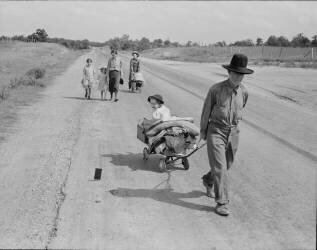









![Grand Grocery Co.], Lincoln, Neb. (John Vachon) - Muzeo.com](https://en.muzeo.com/sites/default/files/styles/image_oeuvre_search/public/oeuvres/photo/war_and_roaring_twenties/grand_grocery_co_lincoln_n135020.jpg)


